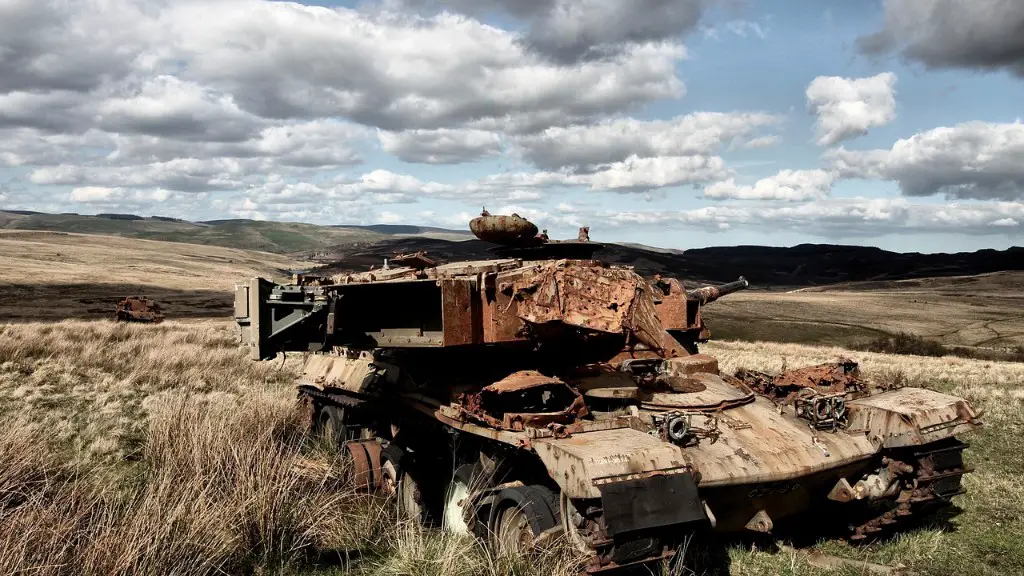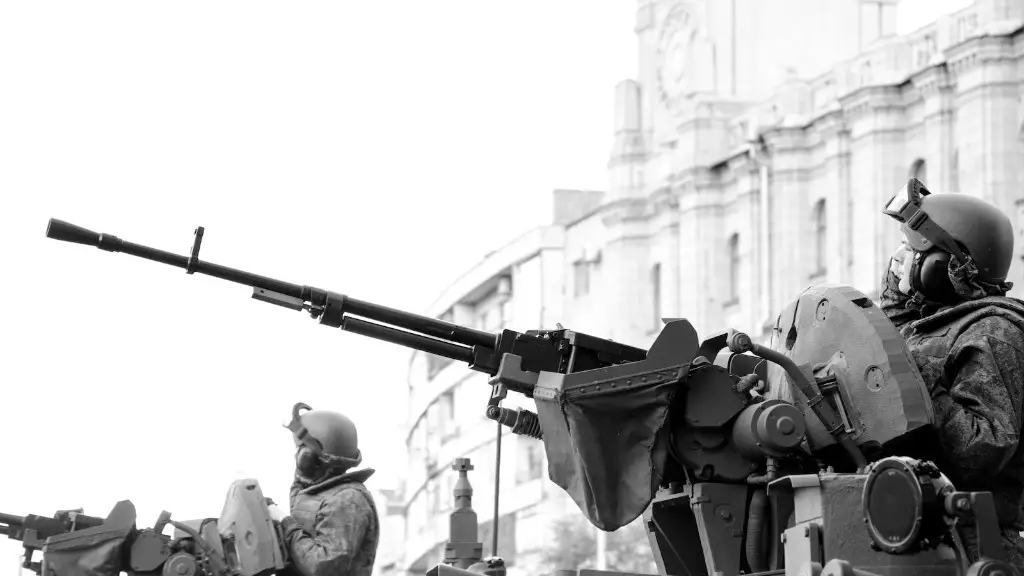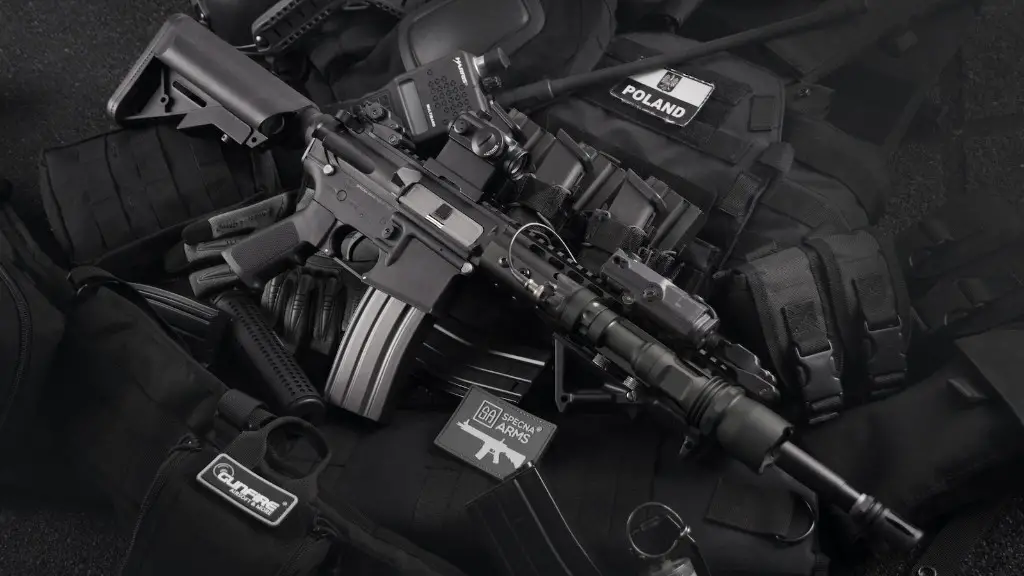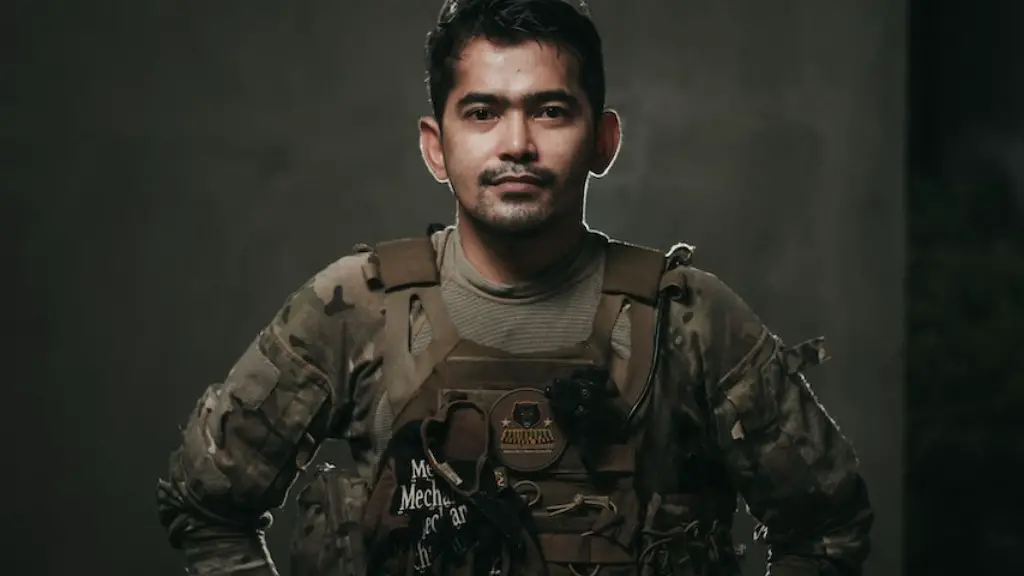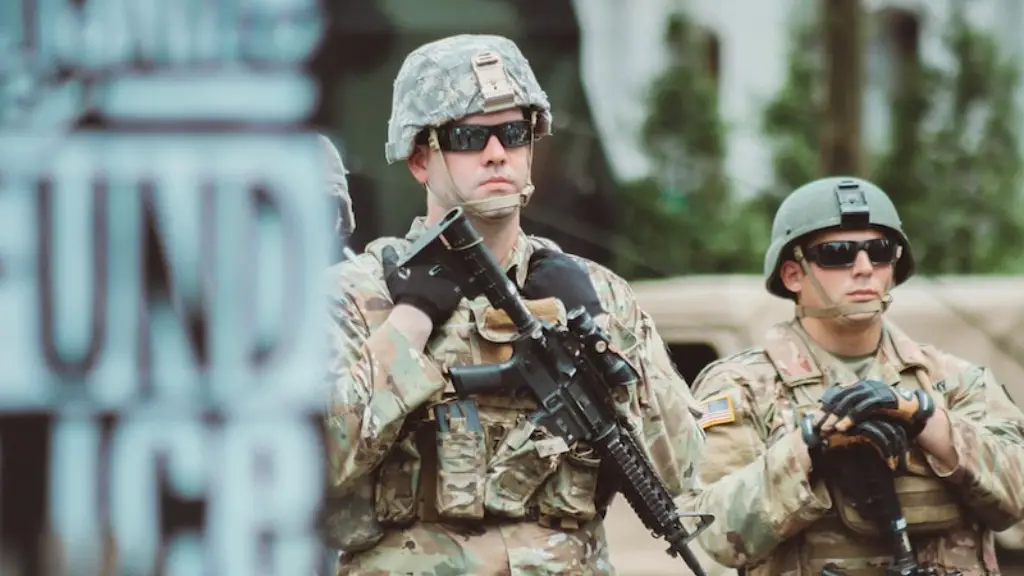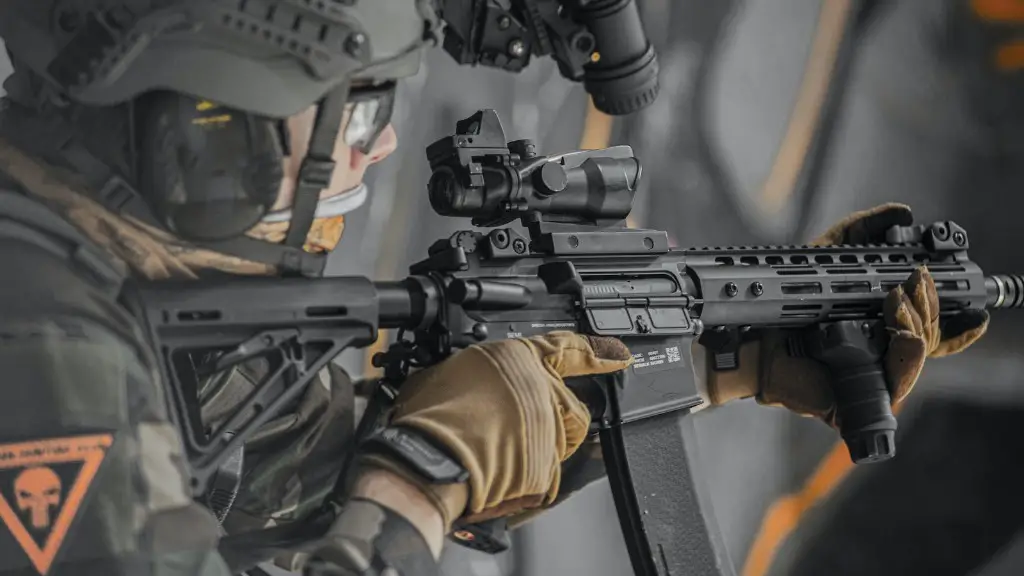The Army Rangers are the United States Army’s premier raiding force. They are highly trained, and heavily armed soldiers, who are experts in combat in all terrains. They are able to operate independently in small groups, or as part of a larger force. Army Rangers are some of the most highly respected soldiers in the United States Army.
A U.S. Army Ranger is a highly trained and specializes in many combat situations including direct action raids, airfield seizure, reconnaissance, personnel recovery, and urban operations.
What do Army Rangers do?
Being part of the Army’s Rangers is a great honor and privilege. As an elite infantry force, Rangers are specially trained to carry out raids and assault missions in enemy territory. This is a very demanding and challenging role, and only the best-trained soldiers are able to do it.
The Ranger Tab is a coveted award that is given to those who successfully complete the Ranger School. The tab denotes the wearer’s successful completion of the program and is a sign of great pride.
How long does it take to become a US Army Ranger
Ranger School is a grueling course that is 61 days long and is broken up into three phases. They are Benning Phase, Mountain Phase, and Florida Phase. Even if you don’t quit, it’s very possible to fail any of these phases. If that happens, you might get a chance to “recycle,” or start that whole phase over again.
Army Rangers are an elite light infantry unit. Typically, they are involved in joint special operations raids, airborne assaults, reconnaissance missions, and search and rescue. Army Rangers are a large scale force that is often times critical to the success of these missions.
Are Army Rangers like Marines?
The Army Rangers are a special forces unit within the United States Army. They are highly trained and have undergone specialized training in a variety of areas, including combat, reconnaissance, and search and rescue. The Marines are an entire branch of the military that encompasses a variety of highly specialized positions. These include positions in the infantry, armor, and aviation units.
The Army’s Ranger Course is designed to prepare Army volunteers for combat in close quarters and direct-fire battles. The Rangers’ primary mission is to engage in close combat and direct-fire battles. The course focuses on developing functional skills related to combat arms, such as small arms, hand-to-hand combat, and tactics. The goal is to provide Rangers with the skills and knowledge necessary to succeed in close combat situations.
Do Army Rangers get paid?
The salaries of Army Rangers in the United States can range from $14,441 all the way up to $385,332. The median salary for Rangers is $69,315. This means that the middle 57% of Army Rangers make between $69,317 and $174,477 annually, while the top 86% make more than $385,332 annually.
An army ranger is an elite soldier who has undergone intense training in order to be able to complete missions that are difficult and often dangerous. it is estimated that only 49% of all candidates who begin the program are able to complete it, due to the physically and mentally demanding nature of the training.
Is a ranger considered special forces
The Army’s Special Operations units are some of the most highly trained and skilled soldiers in the world. They are responsible for carrying out some of the most difficult and dangerous missions, and as such, they are extremely respected by their fellow soldiers.
Members of Special Operations units can expect to receive the best training and equipment available, as well as the opportunity to travel to some of the most exotic and dangerous locations in the world. They can also expect to work closely with other members of the Special Operations community, forming close bonds that will last a lifetime.
There’s a great argument that the Marine Corps has the hardest military training of anyone, and here’s why. The Marine Corps focuses on instilling paramilitary values and developing a warrior ethos in its recruits, and the training is designed to be brutally tough both physically and mentally. Marines are pushed to their limits and beyond, and they have to be able to maintain their composure and focus even when they’re exhausted and under immense pressure.
Of course, when you reach the top, you can find them becoming SEALs or a part of the Marine Raider Regiment (MRR), but the training of any Marine is some of the hardest military training in the world.
Do Army Rangers get deployed a lot?
The Ranger battalions are some of the most highly trained and combat-ready units in the world. They have the ability to deploy anywhere in the world on short notice and have a proven track record of success in combat operations. More than 70% of Rangers have multiple combat deployments in support of America’s war against terrorists, making them a vital part of our national security strategy.
The average height and weight of an Army Ranger are 69 inches and 174 pounds, according to the Army’s Special Operations Command. However, this chart ranges from 58 inches tall to 80 inches tall, meaning that there is a significant amount of variation among Rangers in terms of height. Nevertheless, all Rangers are expected to meet the same standards in terms of physical fitness and combat readiness.
Are Rangers tougher than Marines
Volunteering for the Army Rangers is a commitment to complete grueling and in-depth training. The process is much more demanding than that of traditional Marine training. It requires volunteerism, dedication, and a willingness to complete difficult challenges. The Army Rangers are an elite fighting force who complete PATHFinder, Air Assault, Airborne, and SERE training. This makes them some of the most highly-trained and well-rounded soldiers in the world. If you are looking for a way to challenge yourself and push your boundaries, then becoming an Army Ranger is the way to go.
Interestingly enough, the average age of army rangers is 20-30 years old, which represents 73% of the population. This is a relatively young group when compared to the other branches of the military. The age breakdown of army rangers is as follows:
-20-24 years old: 30%
-25-29 years old: 43%
-30-34 years old: 16%
-35-39 years old: 11%
-40+ years old: less than 1%
What is the most elite army unit?
There’s not much that’s publicly known about American Special Operations Forces, and that’s intentional. But everyone knows that these forces are among the most elite and best trained in the world. They’re experts in a wide range of disciplines, from combat and reconnaissance to information gathering and security. And they’re constantly called on to perform some of the most difficult and dangerous missions imaginable.
The Army Rangers are a great example of how military salaries can be deceiving. On the surface, their salaries may appear to be low. However, they receive a number of benefits and allowances that most civilian workers do not. These include housing and food allowances, health care, and tax advantages. They also receive bonus pay for hazardous, parachute, or flight duty. Any of these bonuses can raise Army Rangers’ pay substantially.
Conclusion
A U.S. Army Ranger is a highly trained and elite soldier who has completed a grueling and physically demanding training program. Army Rangers are experts in small-unit tactics and have been involved in some of the most high-profile military operations in recent history, including the raid on Osama bin Laden’s compound in Pakistan.
The Army Rangers are one of the most elite fighting forces in the world. They are highly trained and skilled in a wide variety of combat techniques. They are known for their ability to operate in small units and achieve objectives that other units cannot. Army Rangers are an important part of the US military and play a vital role in protecting our country.
